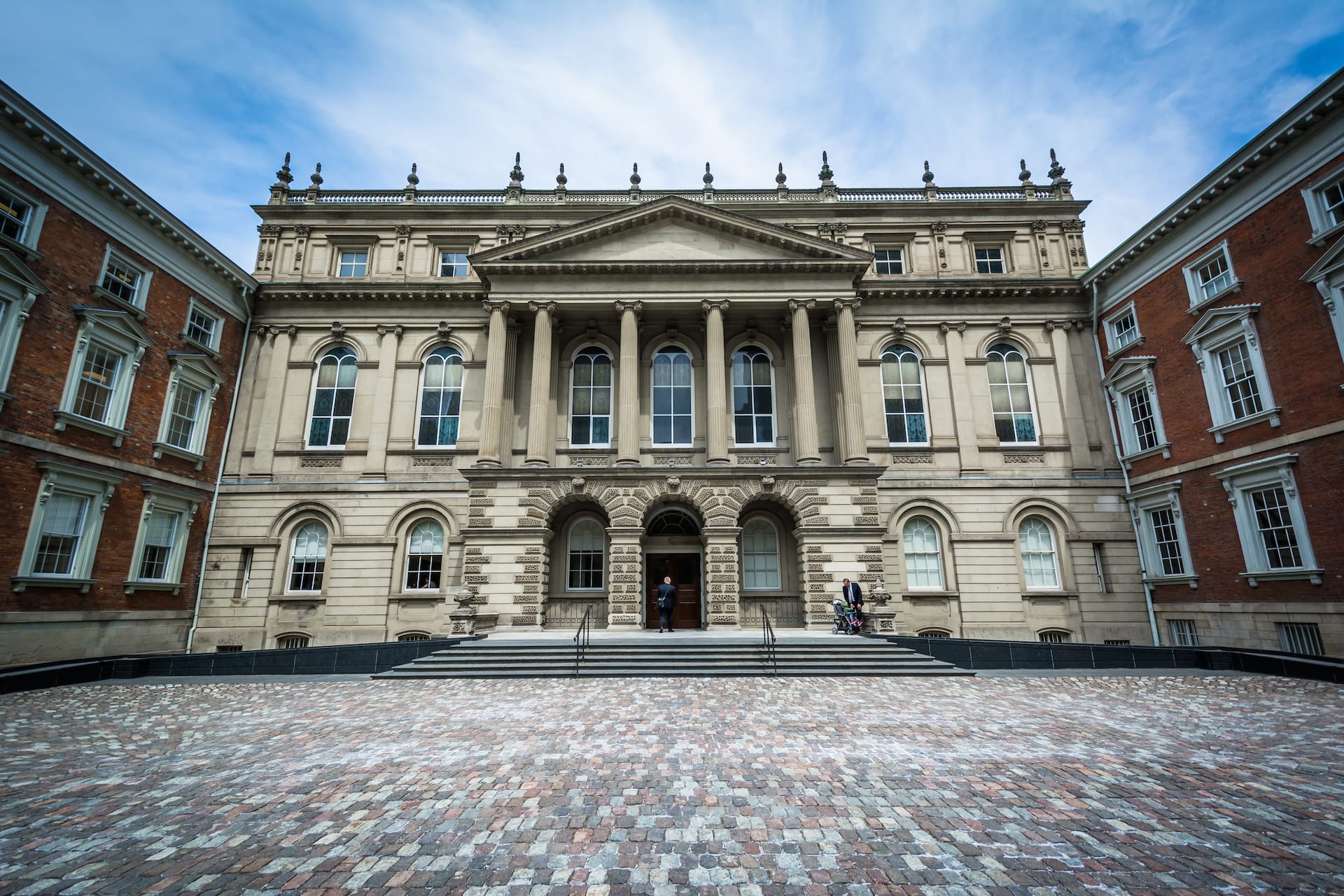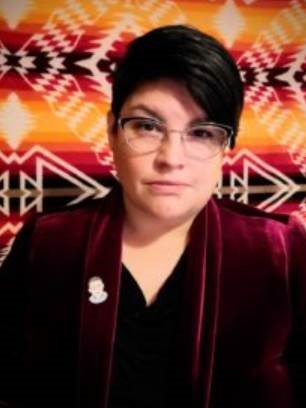The Law Society of Alberta has announced the appointment of Jessica Buffalo to the position of Indigenous Initiatives Counsel, with responsibility to help guide the law society’s work with Indigenous initiatives in Alberta’s legal community. She will help the Law Society advance the process of reconciliation within the justice system and the legal profession, provide support for Indigenous lawyers and students, and advance cultural competency development for all lawyers and within the Law Society . In her role, Jessica will work closely with the Law Society’s Indigenous Advisory Committee and members of the Education team, and will collaborate with key justice system stakeholders to advance work on Indigenous initiatives affecting the Alberta legal community and the public.
Jessica is a member of the Samson Cree Nation and received her Juris Doctor from the Allard School of Law at the University of British Columbia in 2016. She was called to the Alberta bar in 2017. She is a frequent presenter at conferences across Canada, speaking about the Calgary Indigenous Court, restorative justice and the overrepresentation of Indigenous people in the Canadian justice system. Jessica is also a member of the Gladue Report Committee, the Safety for Indigenous Women in Urban Settings Committee, and is a founding member of the Indigenous Lawyers Forum. She has also been involved in developing and delivering education to the legal profession and the judiciary in Alberta on topics relating to cultural competency, the Calgary Indigenous Court, Gladue Report writing, restorative justice and access to justice. (July 2022)


